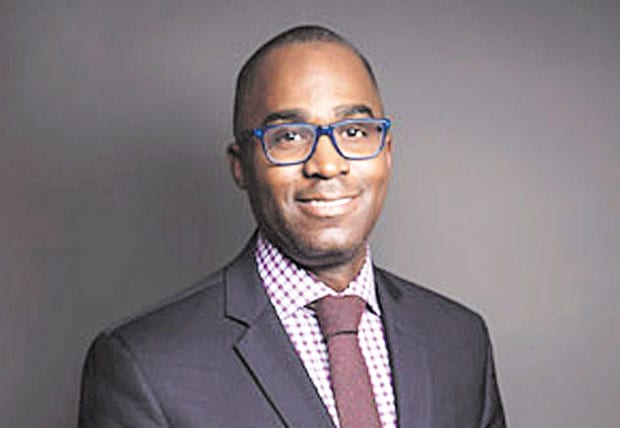HIV diagnoses decreasing among African-Americans, but black gay men still 3 times more likely to be infected as white gay men
DAVID TAFFET | Senior Staff Writer
HIV diagnoses among African-Americans have been decreasing over the past 10 years.
That’s the good news.
The bad news is that statistics show African-American gay men are still three times as likely to be infected with HIV as gay white men, according to Greg Millett, an epidemiologist and researcher who currently serves as director of public policy for amfAR, The Foundation for AIDS Research. But in that same time period diagnoses among gay African-American men increased by 87 percent.
One in four new infections in the U.S. is among gay African-American men.
While gay men make up only a few percent of the African-American population, 53 percent of new diagnoses are among gay black men.
And, Millett said, while black men are more likely to be tested than white men, black men are also more likely to be infected and not know it.
Statistics show that a greater percentage of African-American men who have been diagnosed as HIV-positive are not in care, compared to white men diagnosed with HIV. Millett cited a number of reasons for that, including a general mistrust of medical professionals in the African-American community dating back to the Tuskegee syphilis experiment conducted by the U.S. government from 1932 to 1972.
Men of color are more likely than white men to believe HIV was a virus manufactured to kill gay men and therefore don’t trust medication given to suppress that virus, he said.
In addition, a greater percentage of African-Americans with HIV are homeless, compared to other HIV-positive populations. “Housing is a huge indicator,” Millett said. “People in stable housing are more likely to take their medications.”
HIV criminalization laws, which don’t follow any public health recommendations and are disproportionately used against men of color often “dissuade testing,” Millett continued, therefore delaying or completely preventing treatment.
Millet also said Medicaid expansion is a huge tool in treatment of the disease. Southern states with large black populations disproportionately refused to add to their rosters of Medicaid recipients. Without that coverage, fewer low-income people receive the medical care they need with an HIV infection.
Among white gay men, 34 percent who are HIV-positive are virally suppressed with existing treatments.
Among African-American gay men, only 16 percent are virally suppressed. While a disparity in efficacy of some of the earlier drugs may have been a problem, Millett said, there’s no disparity with current medications.
“It’s an access issue,” he declared.
Abounding Prosperity Associate Director Tamara Stephney said compared to national figures, Texas is actually doing quite well. She said the most important statistic to her, locally speaking, is linkage to care.
Of the 2,000 people AP tests per year, the positivity rate is 4 to 7 percent. Of those testing positive, 85 percent remain in care.
Separate statistics aren’t kept nationally or on a state level for trans women with HIV, but Stephney said of their 40 trans clients, all remain in care.
As of 2014, 80,000 people are living with HIV in Texas — 63,000 men and 17,000 women. Of those, 16,146 live in Dallas County.
There were 887 new HIV diagnoses in Dallas County in 2014, the latest year from which information is available. Of those new cases, 652 were among gay men. Almost half of the total new diagnoses were among black men. The county didn’t release statistics that combined race and sexual orientation.
Within five years, researchers are optimistic about finding a cure that will knock out the virus altogether.
AmfAR recently committed $100 million to finding a cure by 2020. Millett said a grant of $20 million to University of California San Francisco would establish the first Institute for Cure Research.
He said the push for a cure was propelled by new medical leads that weren’t there just a few years ago and amfAR’s new financial stability that allowed it to raise the money for what it hopes will be a final push for the cure.
……………………..
For National Black HIV Awareness Day,
Abounding Prosperity will hold a testing and fish fry event from 2-5 p.m. on Saturday, Feb. 6 at
Abounding Prosperity, 2311 MLK Blvd.
“Know Your Status Dallas”
will provide HIV testing and information 10 a.m.-2 p.m. on Feb 6 at the Southwest Center Mall
This article appeared in the Dallas Voice print edition February 5, 2016.

















